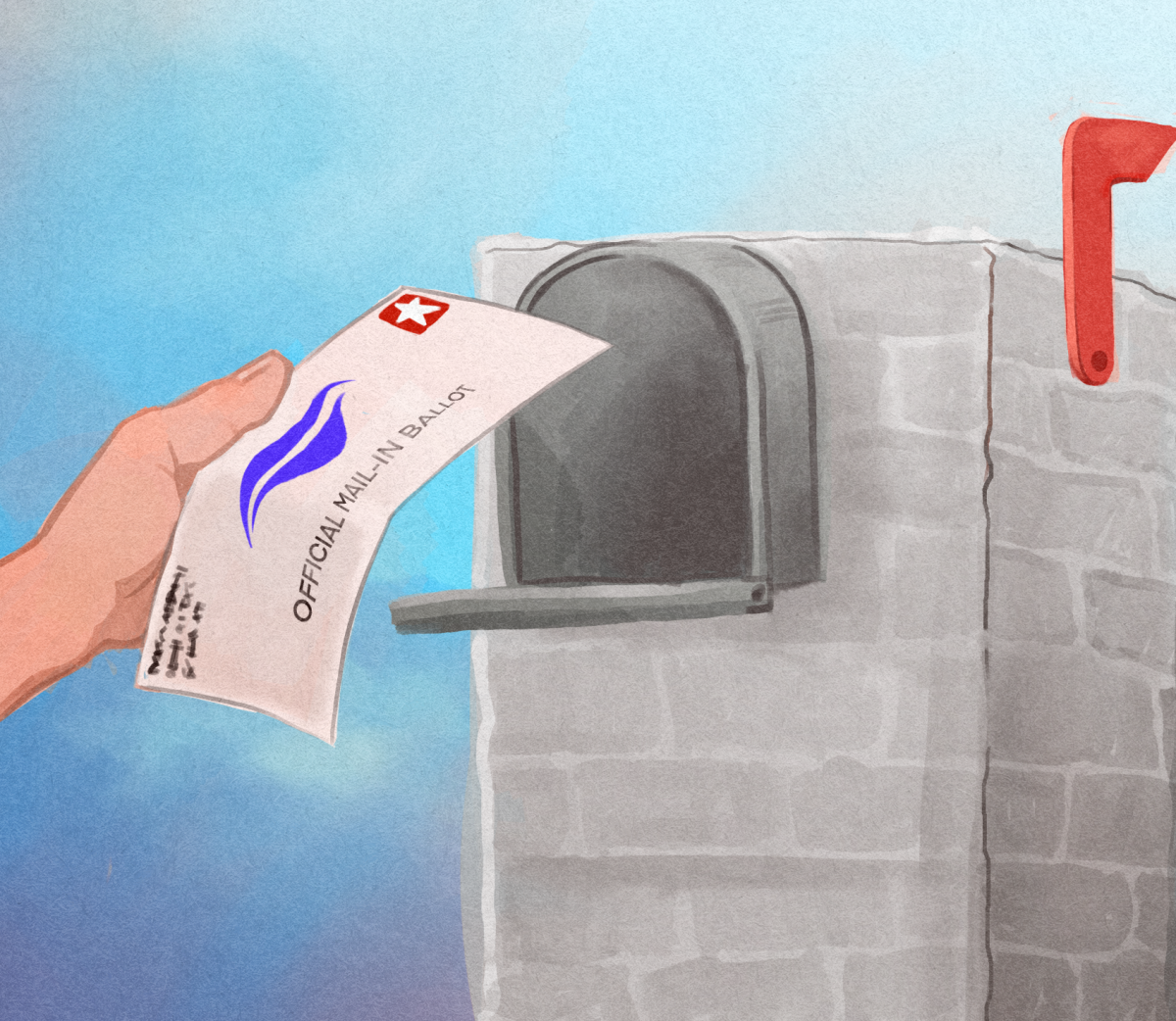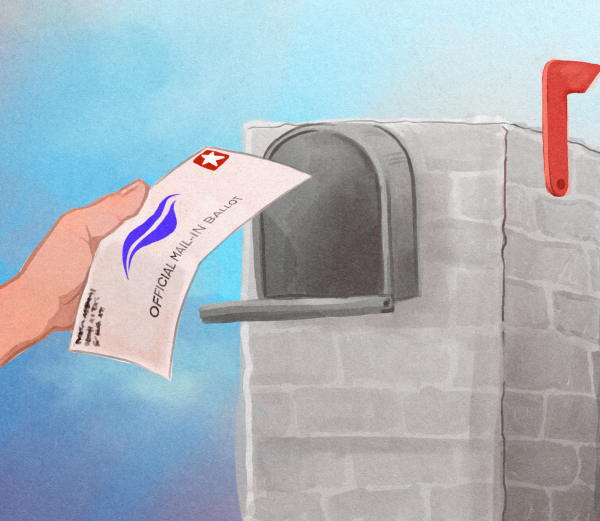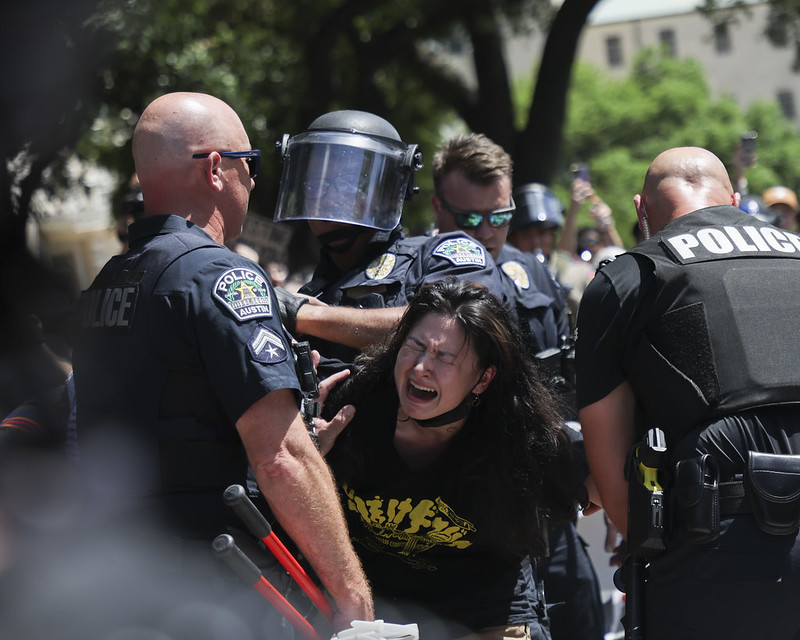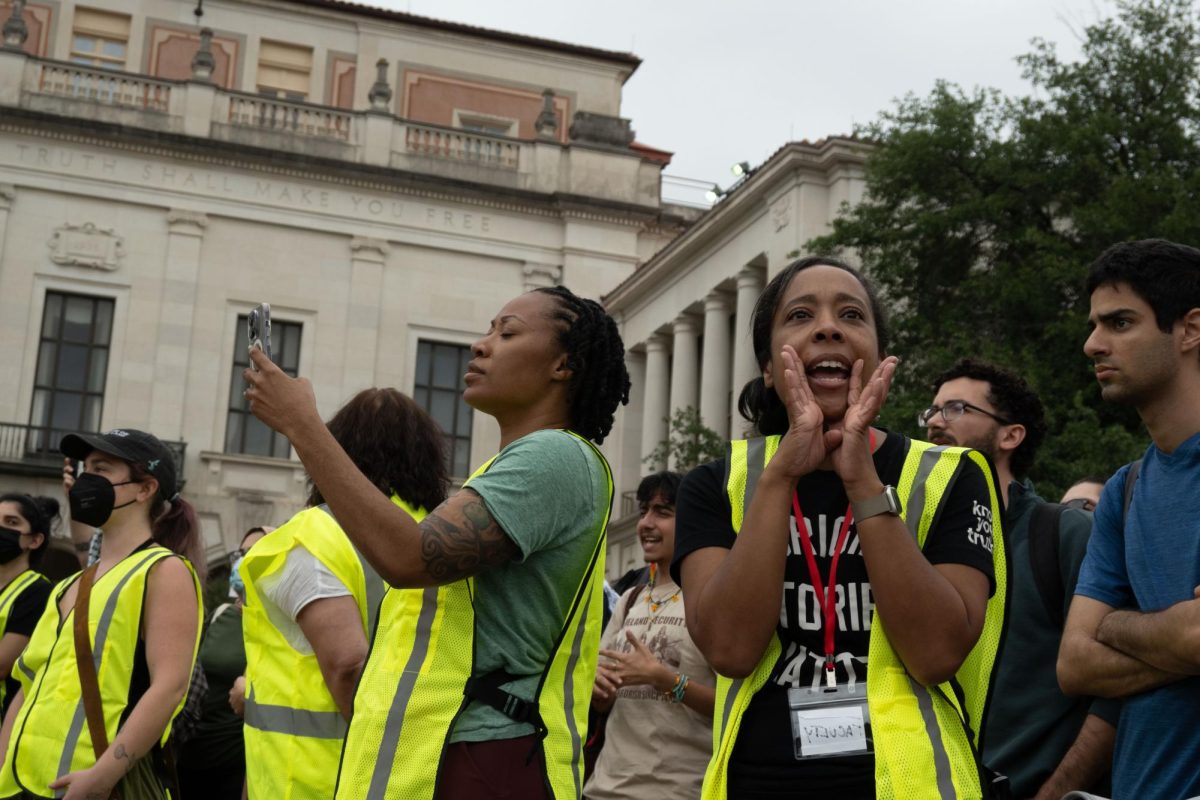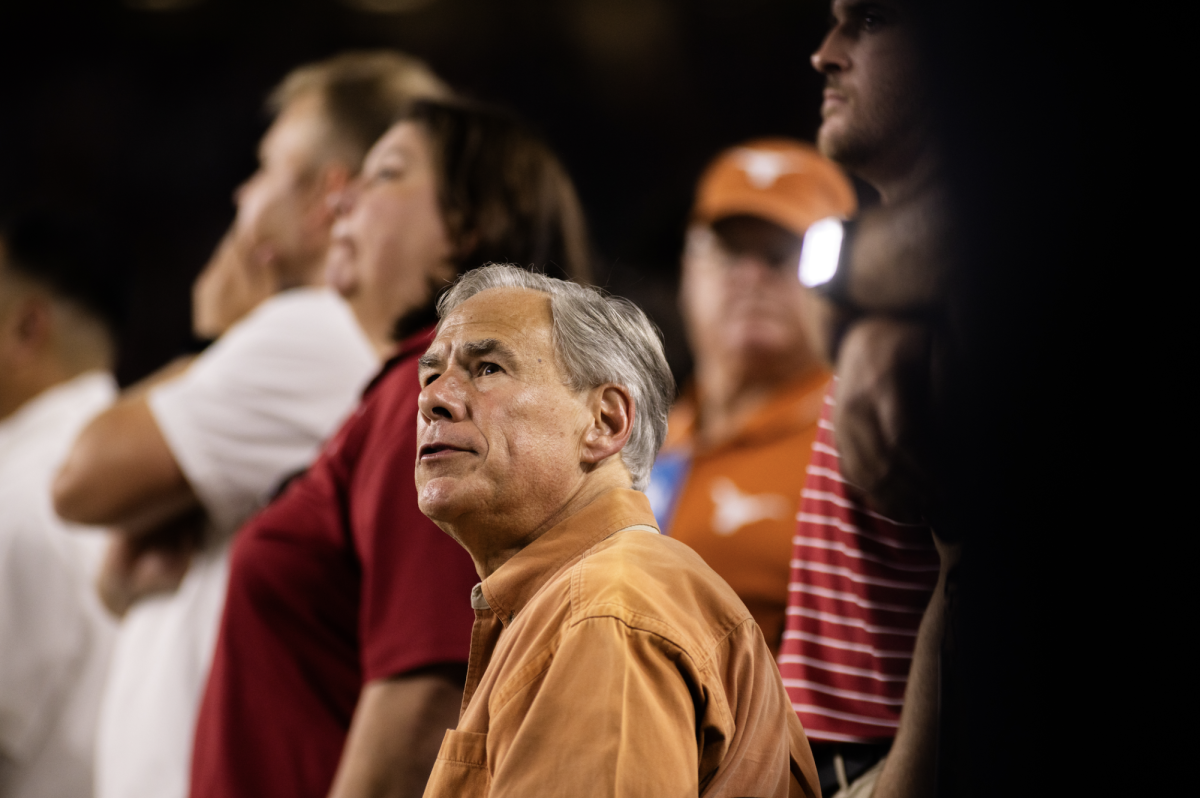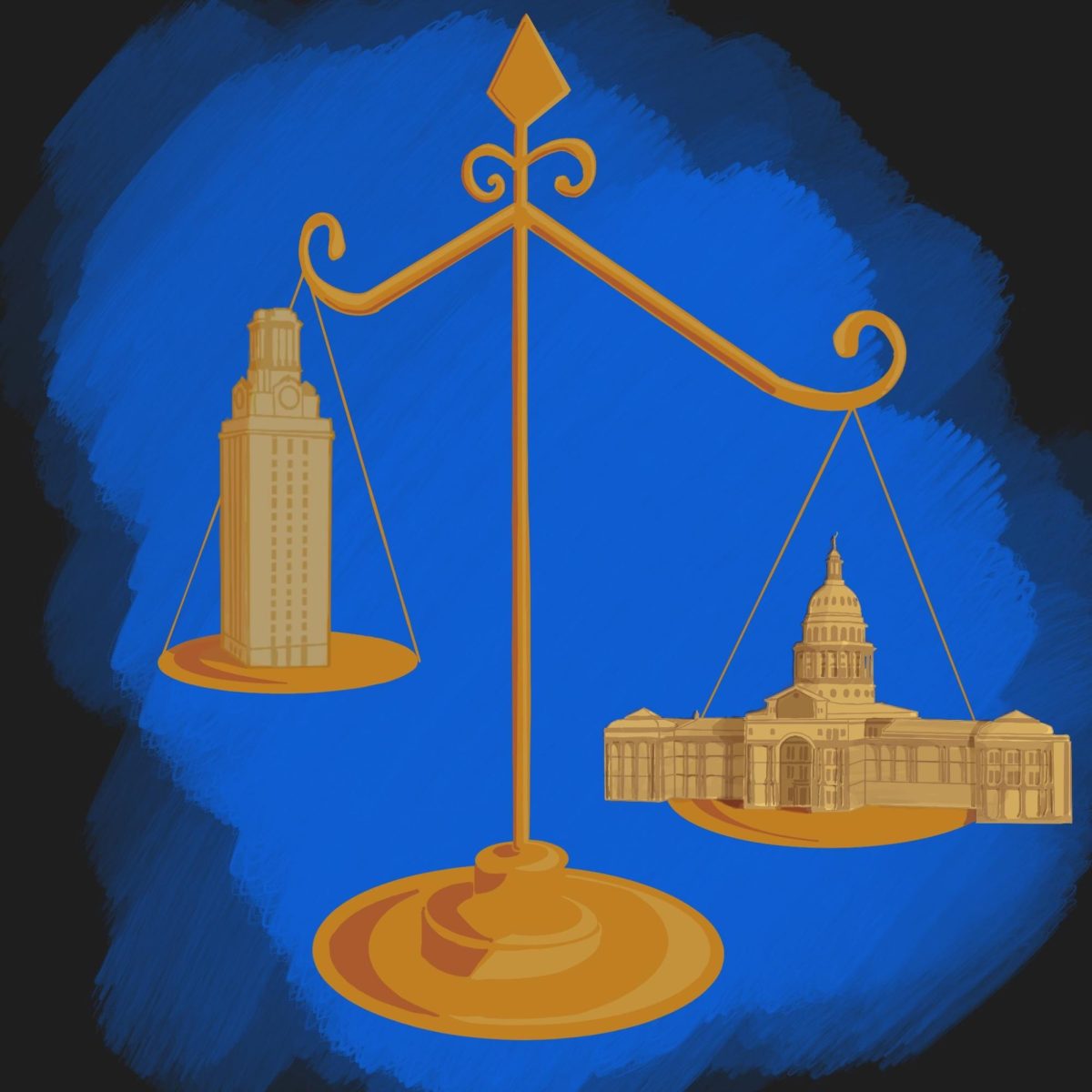With bipartisan support, Texas lawmakers passed two bills aiming to lower the high rejection rates of mail-in ballots seen in 2021.
Senate Bill 1599, authored by State Sen. Bryan Hughes and sponsored by State Rep. John Bucy, and House Bill 357, authored by Bucy and sponsored by Hughes, go into effect Sept. 1. Bucy said in an email that the goal of the legislation was to “make voting by mail more accessible and secure while upholding the public’s confidence in the electoral system.”
S.B. 1599 ensures voters have enough time to address issues by requiring election officials to inform voters when there are errors in their mail-in ballot applications or mail-in ballots and allows for errors to be fixed through the online Ballot By Mail Tracker.
H.B. 357 makes it easier to access the online Ballot By Mail Tracker by swapping address with date of birth. This swap simplifies the tool and ensures more voters use it to track the status of their ballot by mail application. It also standardizes the dates of runoff elections for the May and November general elections, making it easier for voters to participate.
Bucy said the bills were based on feedback from election officials and voters across the state to make key improvements to ballots by mail.
“Everyone should be able to vote freely, safely and equally,” Bucy said.
Government professor Daron Shaw said mail-in balloting brings the potential for a higher probability of voter fraud. He said these smaller changes can be important but seem to have little impact on turnout, compared to other factors like political parties, mobilizing voters or a candidate’s charisma.
“In 2018, we had a record-breaking turnout. And why? Because Beto and Cruz had an incredible race,” Shaw said. “The candidates were charismatic and mobilized people on both sides.”
Shaw said he isn’t against exploring options to reduce barriers to voting but thinks that sometimes these things come with trade-offs, and some things considered barriers to voting, such as registration requirements, are understandable, since they serve other purposes.
However, Bucy said there’s no evidence making elections more accessible compromises their integrity.
“Baseless rumors and fear-mongering are designed to make Texans not want to vote,” Bucy said.
Paul Stekler, former chair of the radio-television-film department, thinks that harder rules discourage people from voting, which means that political change becomes harder to achieve.
“In the current one-party state politics we have, the people in charge are perfectly happy to have very few people vote as long as they stay in office,” political filmmaker Stekler said. “They make it harder to vote, create a system where there isn’t much competition because there’s less incentive to vote, and what do you have? An incredibly low voter turnout in Texas.”
Stekler said democracy is dependent on competition, political dialogue and the need for compromise in a two-party system. None of which exist in Texas right now, Stekler said.
“Voting is the foundation of our democracy. It is a sacred right, one that upholds all others,” Bucy said. “Everything that we cherish and hold dear is enabled by our access to the ballot box and our ability to make our voices heard.”




